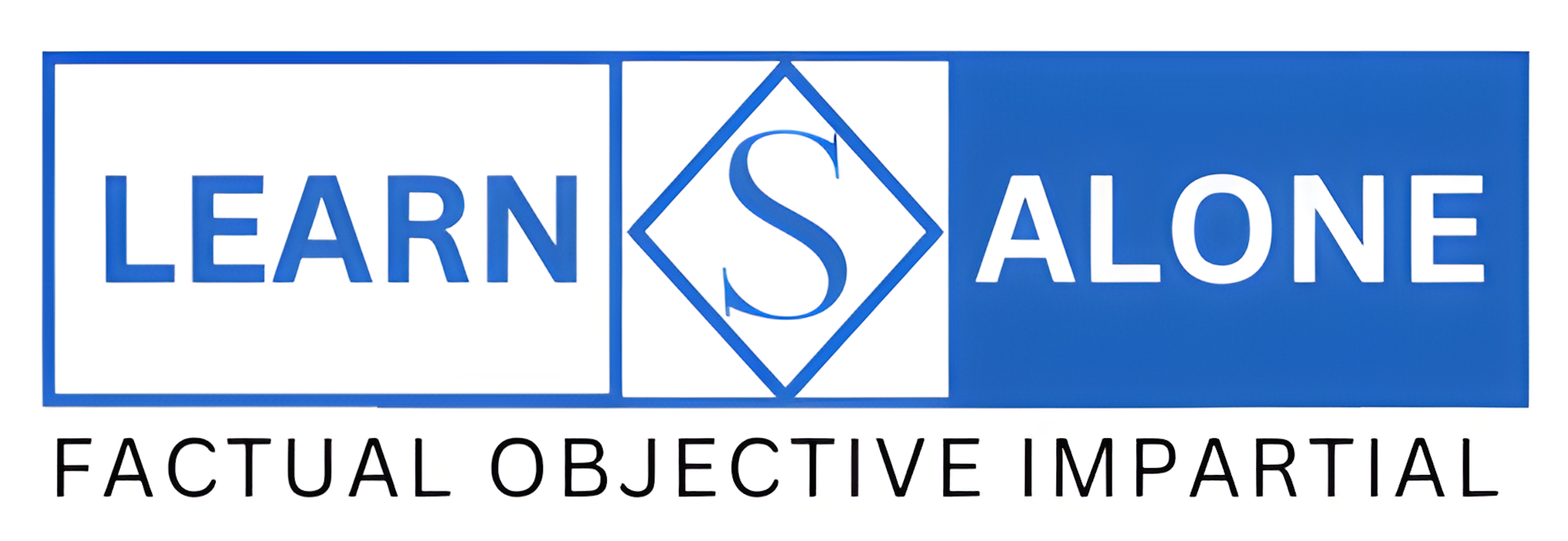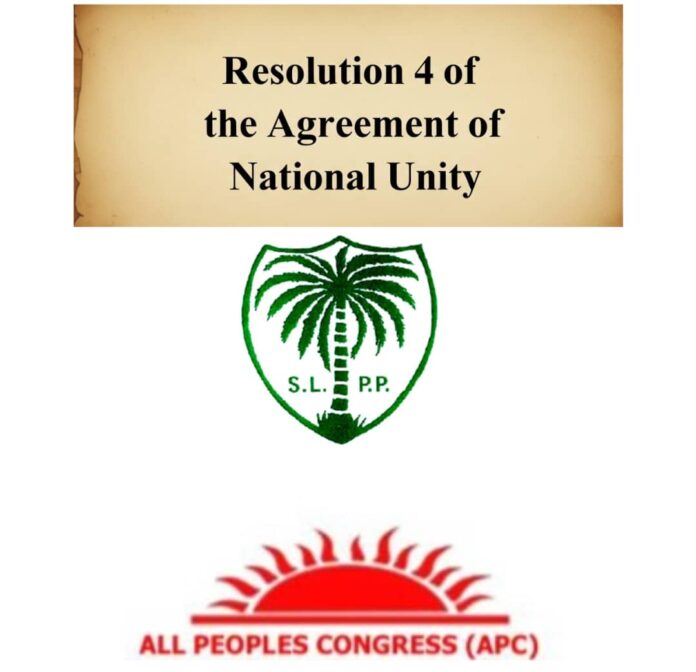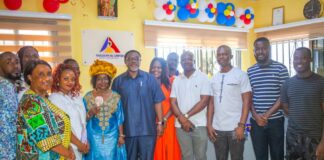By Edward Dictionary Caulker
On 18th October 2023, the Government of Sierra Leone (GoSL) and the opposition All People’s Congress (APC) signed the Agreement for National Unity (ANU) after three days of dialogue mediated by the Independent Commission for Peace and National Cohesion (ICPNC). Dubbed the “Sonkor-Sonkor” Accord, it was hailed as a moment of collective hope an attempt to heal political divisions that had long seeped into families, communities, and institutions.
At the center of the deal was Resolution 4, one of its most sensitive provisions, which addressed the release and review of cases involving individuals arrested under what many considered politically motivated circumstances.
Resolution 4 carried five commitments: releasing detainees linked to elections or protests; discontinuing politically motivated trials; resettling displaced supporters; guaranteeing APC officials their rights and entitlements; and ensuring parliamentary fairness by reflecting the APC’s electoral weight in committees and international delegations.
At its heart, the resolution sought to remind Sierra Leoneans that political differences should not be treated as crimes, and that reconciliation must reach beyond State House into every household.
Implementation faced a major setback during the failed coup attempt of 26th November 2023, when Pademba Road Correctional Centre and other facilities were broken into, freeing hundreds of inmates, including some on the APC’s list. This chaos complicated the government’s review process and reopened old wounds. Families who expected closure suddenly faced uncertainty, and trust was shaken once more.
Despite this, the government pledged to proceed with case-by-case reviews and called on the APC to encourage cooperation from listed members. But ordinary citizens were left asking: will justice ever stand on principle, or will it continue to bend under political pressures?
In August 2024, Chief Minister Dr. David Moinina Sengeh reaffirmed the government’s commitment to transparency. Out of 318 names submitted by the APC, the findings were clear: 15 were in custody, 108 had escaped during the coup attempt, 3 military officers were reinstated, 53 completed unrelated sentences, 65 paid fines, 14 were released on bail, 51 had never been detained, and 9 names were duplicates.
“This is what we mean when we say we govern with an open book,” Dr. Sengeh declared, stressing President Bio’s commitment to transparency.
By August 2025, 37 individuals had been released, including figures such as Dankay Koroma, daughter of former President Koroma, Gallon Pan, and Street Ambassador. Yet anomalies like the release of APC’s Sheriff, whose name was not on the original list have raised new questions. Attorney General Alpha Sesay later clarified that only 13–15 people were ever actually in custody, stressing that Resolution 4 did not apply to former President Ernest Bai Koroma.
Implementation of Resolution 4 has relied mainly on two approaches. First, the “clearing” of individuals. After consultations with the Office of National Security (ONS), the Sierra Leone Police, and the Republic of Sierra Leone Armed Forces (RSLAF), the government confirmed that several APC-listed individuals were not under investigation and formally assured them of their freedom. Second, presidential pardons using his constitutional prerogative of mercy, President Julius Maada Bio pardoned several detainees, including some linked to the APC, while others had no political ties but were deemed deserving of second chances.
Still, the release of APC’s Sheriff has fuelled the perception of “sonkor-sonkor” a deal shaped by compromises and political ambiguity.
APC spokesperson Sidi Yayah Tunis has acknowledged that the coup attempt complicated implementation but insists Resolution 4 remains central to rebuilding trust. Yet citizens continue to ask: what criteria did the APC use to compile its list, and when will those still in custody or on the run be released or pardoned? Without clear answers, many fear the process may appear as “total sonkor-sonkor.”
Resolution 4 is more than a political arrangement it is a moral test. It speaks to displaced families still waiting to return home, to students who lost years of education in detention, and to parents separated from children by prison walls. Its success or failure will determine whether Sierra Leoneans believe unity is more than a word recited at political rallies.
Critics argue that selective implementation deepens cynicism, while supporters say a case-by-case approach is the only way to preserve fairness. Both sides must confront a simple truth: reconciliation cannot survive on paper alone.
Nearly two years after the signing of the Sonkor-Sonkor Accord, Resolution 4 remains a litmus test for national healing. Its true measure will not be in press releases or official lists, but in human lives: how many families are reunited, how many displaced Sierra Leoneans can return home without fear, and how many citizens can express political views freely without worrying about persecution.
Resolution 4 is not just about party politics. It is about rebuilding trust, dignity, and healing wounds that have divided the nation for too long. Its outcome will either stand as a beacon of reconciliation or another reminder of missed opportunities.
For Sierra Leone’s democracy to grow, the Sonkor-Sonkor spirit the principle of mutual give-and-take must guide both government and opposition. Unity cannot remain words on paper; it must be lived through action, fairness, and accountability. What remains clear is that citizens are watching closely, because genuine national unity can only be built on trust, justice, and transparency.



